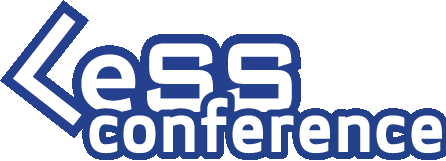Agile Sustainability: You can be more – socially, environmentally, and economically – sustainable based on data!
According to one forecast, IT will account for 21% of global energy consumption by 2030. If we don't change the way we implement software, we will contribute to increasing the carbon footprint. So, it's time to examine how agility can help to reduce energy consumption and ensure greater - environmental, social & economic - sustainability. The point is not to pursue sustainability for altruistic reasons, but to understand that over time, sustainability is also becoming a key factor that determines the success of companies, both in the search for talent and for customers and markets.
In this session, inspect real data and gain a holistic perspective of your team’s or company’s current situation regarding agile sustainability. Comparative Agile Sustainability is an approach that we created in a small team with the support of data analysts that serves to anchor and promote the awareness of sustainability in an (agile) team and/or company. The evaluation was published under creative commons and is therefore freely available to all interested parties. By using the results of this validated assessment, agile teams and organizations can better understand how they can increase their own effectiveness and contribute to increasing sustainability across the industry.


